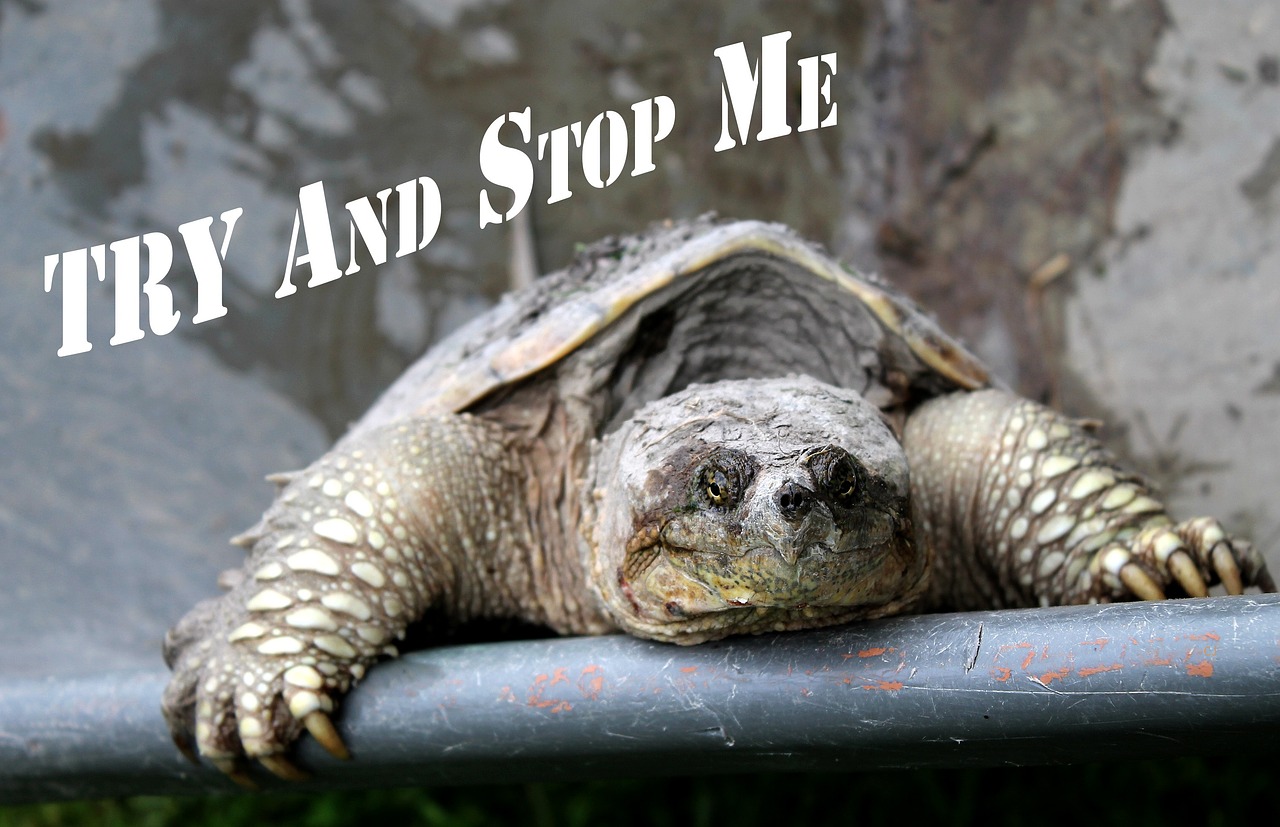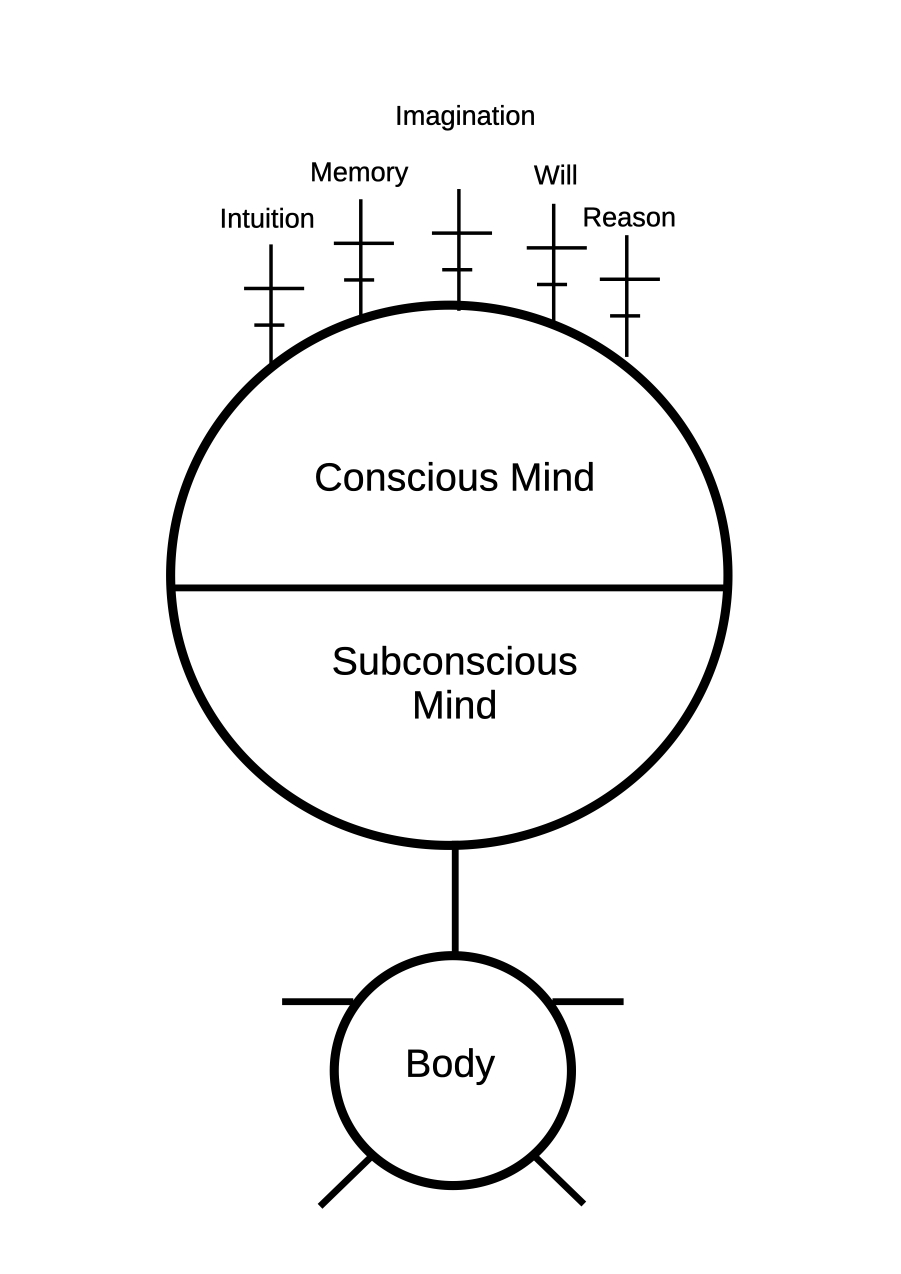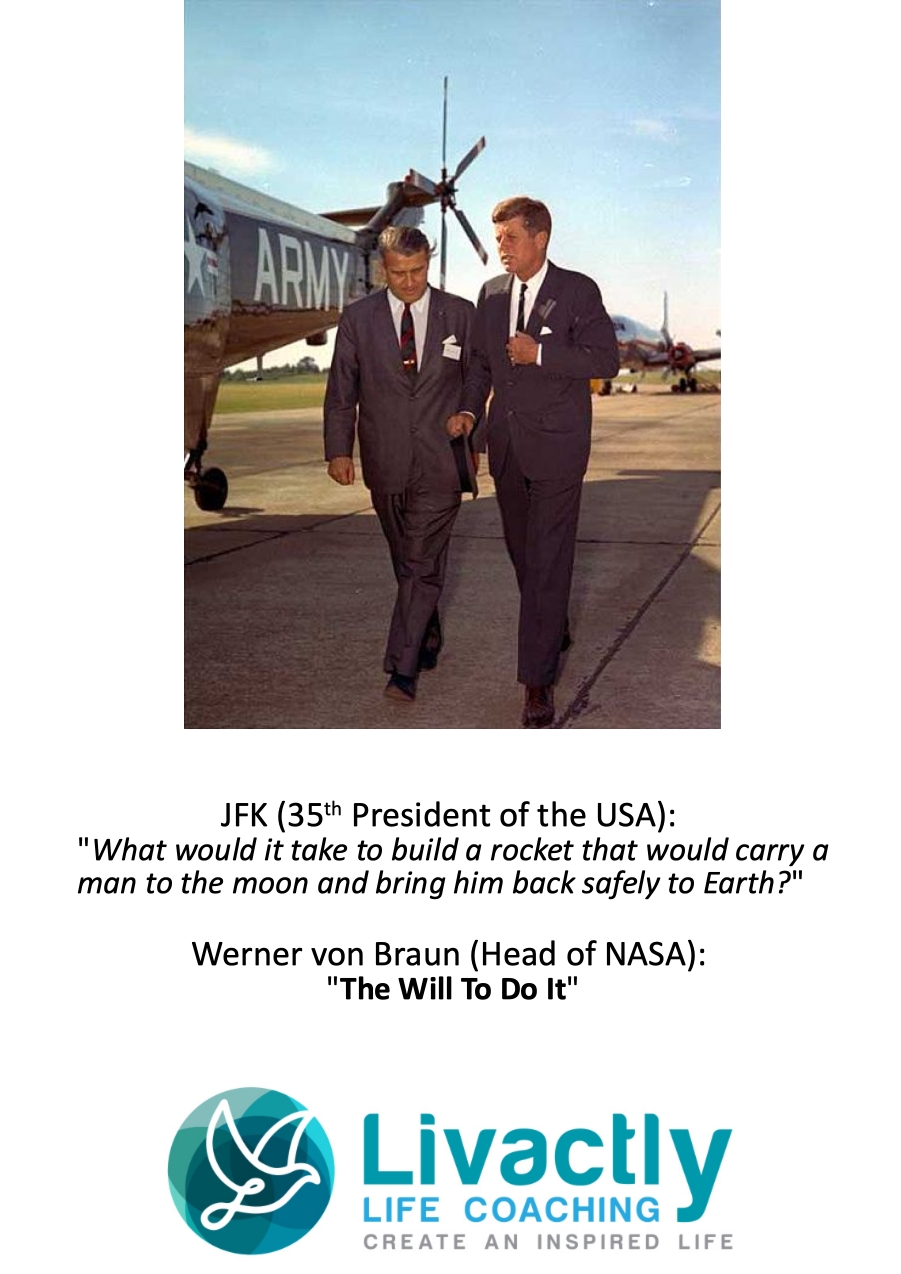
In the book “Think and Grow Rich”, Napoleon Hill has a chapter on persistence and its importance in helping you reach your goals.
Examine these 8 qualities and incorporate them into your daily life.
1. Definiteness of purpose
So many people go through life not knowing why they exist or what they want in life. This leads to confusion, aimlessness and mediocracy.
Knowing what you want is the first step in being able to persist long enough to achieve your goals.
In other words, you need to have a definite goal that you are shooting for.
One way to know your purpose, and by extension your goals, is to examine your values - the things that are important to you.
Your purpose will always be to support those values. You can do a values determination such as one given by Dr John Demartini here
2. Desire
Save to say, you need to actually want “it”, whatever “it” may be.
Also, this want needs to be pretty strong, full-hearted, and not a ‘would-be-nice’ kind of want!
Once “it” is clear to you, you will be motivated to "go get it”.
3. Self-reliance
“Self-reliance” is Hill’s way of saying “self belief”. You need to believe in your ability to achieve your goal before you set about achieving it.
If you have no self-belief, your counter-beliefs will sabotage your efforts.
For a big goal (which Bob Proctor called a ‘C’ type goal) this belief needs to be very strong.
You can overcome any negative beliefs about the goal but it requires saying aloud a corresponding counter-belief.
For example, if you think the goal is too big then remove the word ‘too’ and reframe it - for example
“my goal” is great: I am worthy of achieving it and I will achieve it”.
Hill also suggests that you use the principle of autosuggestion described in Step 3 of Think and Grow Rich.
Autosuggestion happens when you repeat something over and over again in the form of affirmations.
Your mind begins to accept the affirmation as being true.
A regular process of saying affirmations incorporating the goal will, in due course, overcome any internal resistance and counter-beliefs.

4. Definiteness of plans
We discussed definiteness of purpose above. However, we also need to have a definite plan to achieve our goal.
Note that at this early stage, these plans don’t need to be strong, detailed, or even practical.
The point is that the plan is there and it is definite. It helps us focus on what we want and motivates us to set about achieving it.
It also assists our ability to persist knowing that we have a plan to pursue.
Bob Proctor notes that a C type goal is one that is so huge and magnificent, that it thrills you to the core.
At an early stage the details are not strictly necessary - over time these plans will solidify into more specific, relevant and practical measures.
For instance, setting a goal to earn $150K per month doesn’t have to have a specific plan at the outset - it’s principle function is to help motivate you in the direction of the goal.
A plan for its achievement does need to be present in some form, but it doesn’t need to be detailed at this stage.
The key question to ask yourself at this time is “How Can I?…”
As time goes by you will formulate a more detailed plan as you approach your goal.

5. Accurate knowledge
Once the plans are definite as above, it’s necessary to research enough to obtain a working understanding of how to achieve the goal.
Possessing this knowledge will assist in the planning and achievement of the goal.
Save it to say, if you have no accurate knowledge, your achievement of the goal will most likely fail.
6. Cooperation
As you go about achieving your goal, it’s important to understand that you’re not alone.
There are plenty of people out there who can help you - whether it be by mentoring, or by entering into business relationships with you.
You don’t need to do this by yourself! Hill discusses the ‘Master Mind’ in Step 9 of the book.
A Mastermind group is a group of people who meet regularly to share ideas, and more importantly, help each other achieve their goals.
You know the saying: “Two heads are better than one”.
In a Mastermind session, Hill talks about 3 sources of knowledge that you can tap into:
- so called “Infinite Intelligence” - this idea is championed by the ‘New Thought’ movement - see https://en.wikipedia.org/wiki/New_Thought
- the accumulated experience of others involved
- experimentation and research
7. Will Power

The Stick Person, first proposed by Dr Thurman Fleet, with the 5 Mental Capacities shown at the top
One quality that is found in those who can persist is that they have a strong will.
The will is one of the 5 mental faculties that we all have that cause us to take action and keep on acting until our desire has been met.
Needless to say, if there is no will to do it, it will not be done.
Note there is a difference between ‘will’ and ‘desire’.
The will is the focused energy of our mind towards achieving the thing we want.
Desire is simply a want that can be strong, but not strong enough to focus our energy and actions on.

8. Habit
It sort of goes without saying that if you get into a habit of doing something, you’ll have no trouble doing it.
Persistence is a direct result of getting into a habit. And provided this is a “good” habit, persistence is basically an automatic process.
Hill points out that even things that you are afraid of doing can be overcome by forcing yourself into acts of courage and repeating them.
Of course, this requires a strong will (see above) to make it happen.
Habits can overcome all undesirable behaviours, so long as you are aware of how to do so.
It’s obvious that getting into a good habit is better that getting into a bad habit!
Conclusion
As we’ve discovered above, persistence is both a virtue on its own, as well as being a requirement when achieving your goals.
The above ways set up persistence, and in turn, set you up for success.
